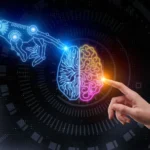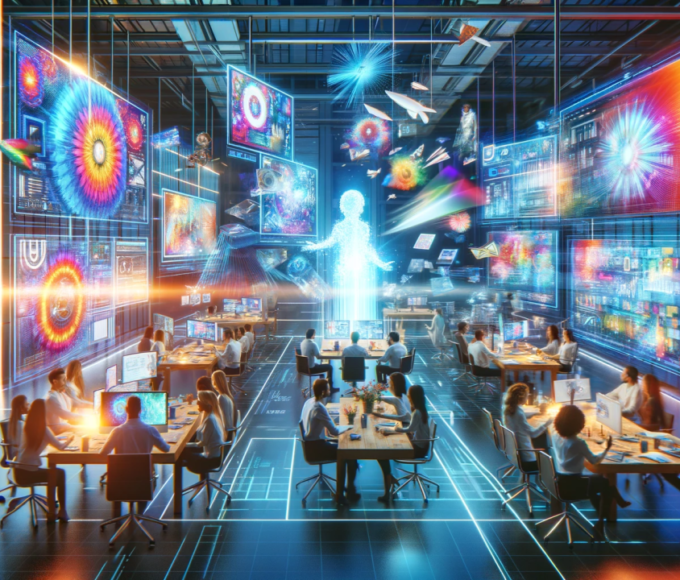Artificial Intelligence (AI) has become a transformative force in various industries, and software development is no exception. Integrating AI into the Software Development Life Cycle (SDLC) can significantly enhance productivity, accuracy, and efficiency. Here’s a closer look at how AI is reshaping each phase of the SDLC.
Requirement Analysis
Requirement analysis is a critical phase in SDLC, involving the identification and documentation of business needs. AI can assist by:
- Natural Language Processing (NLP): AI-powered NLP tools can analyse and interpret user requirements from documents, emails, and conversations, ensuring clarity and completeness.
- Predictive Analytics: AI can predict potential project risks and suggest mitigation strategies based on historical data.
Design
During the design phase, architects and developers outline the system architecture and design components. AI’s contributions include:
- Automated Design Tools: AI algorithms can generate design patterns and suggest architecture improvements.
- Design Validation: AI can simulate and validate design models, identifying potential flaws early.
Development
AI plays a significant role in writing and optimizing code, thereby accelerating the development process:
- Code Generation: AI-powered tools like GitHub Copilot can assist developers by suggesting code snippets and even generating entire functions based on the context.
- Code Review and Optimization: AI can review code for potential bugs, security vulnerabilities, and performance issues, providing recommendations for improvement.
Testing
Testing is crucial to ensure software quality, and AI enhances this phase through:
- Automated Testing: AI-driven testing tools can create and execute test cases, reducing manual effort and increasing coverage.
- Predictive Analytics: AI can predict areas of the software that are most likely to contain defects, prioritizing testing efforts.
Deployment
Deploying software involves transferring it to a live environment, where AI can assist with:
- Continuous Integration/Continuous Deployment (CI/CD): AI can optimize CI/CD pipelines, ensuring efficient and error-free deployments.
- Monitoring and Management: AI can monitor deployed applications for performance and reliability, automatically scaling resources as needed.
Maintenance
Post-deployment, AI continues to play a vital role in maintaining software:
- Bug Detection and Fixing: AI can proactively detect and even fix bugs, minimizing downtime.
- User Feedback Analysis: AI can analyse user feedback to identify common issues and areas for improvement.
Project Management
AI also supports the overarching management of software projects through:
- Resource Allocation: AI can optimize resource allocation, ensuring that the right people are working on the right tasks.
- Timeline Prediction: AI can predict project timelines and identify potential delays, helping managers make informed decisions.
Benefits of AI in SDLC
Integrating AI into the SDLC offers numerous benefits:
- Increased Efficiency: Automation of repetitive tasks reduces manual effort, speeding up the development process.
- Improved Quality: AI-driven testing and code review improve software quality by identifying issues early.
- Enhanced Decision-Making: AI provides data-driven insights, helping teams make better decisions throughout the SDLC.
- Cost Savings: By automating various tasks and improving efficiency, AI helps reduce development costs.
Challenges and Considerations
While AI offers significant advantages, there are challenges to consider:
- Data Privacy: Ensuring that AI tools handle sensitive data responsibly is crucial.
- Skill Gap: Teams may require training to effectively leverage AI tools.
- Integration: Seamlessly integrating AI into existing workflows can be complex.
AI is revolutionizing the Software Development Life Cycle, offering tools and insights that enhance every phase from requirement analysis to maintenance. As AI technology continues to evolve, its integration into SDLC processes will likely become even more profound, driving innovation and efficiency in software development. Embracing AI in SDLC not only helps in creating high-quality software faster but also paves the way for more intelligent and adaptive development practices.
















Leave a comment